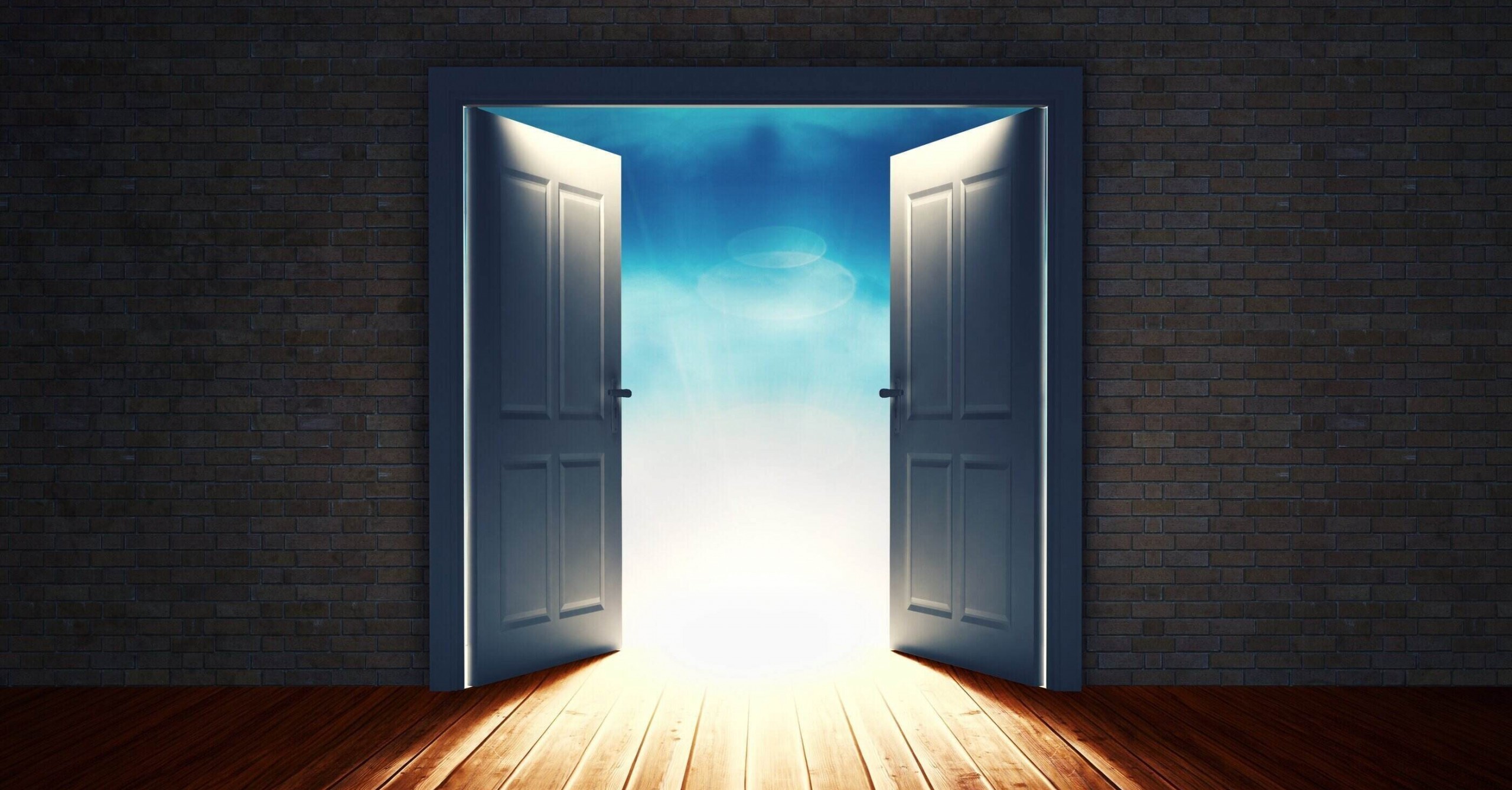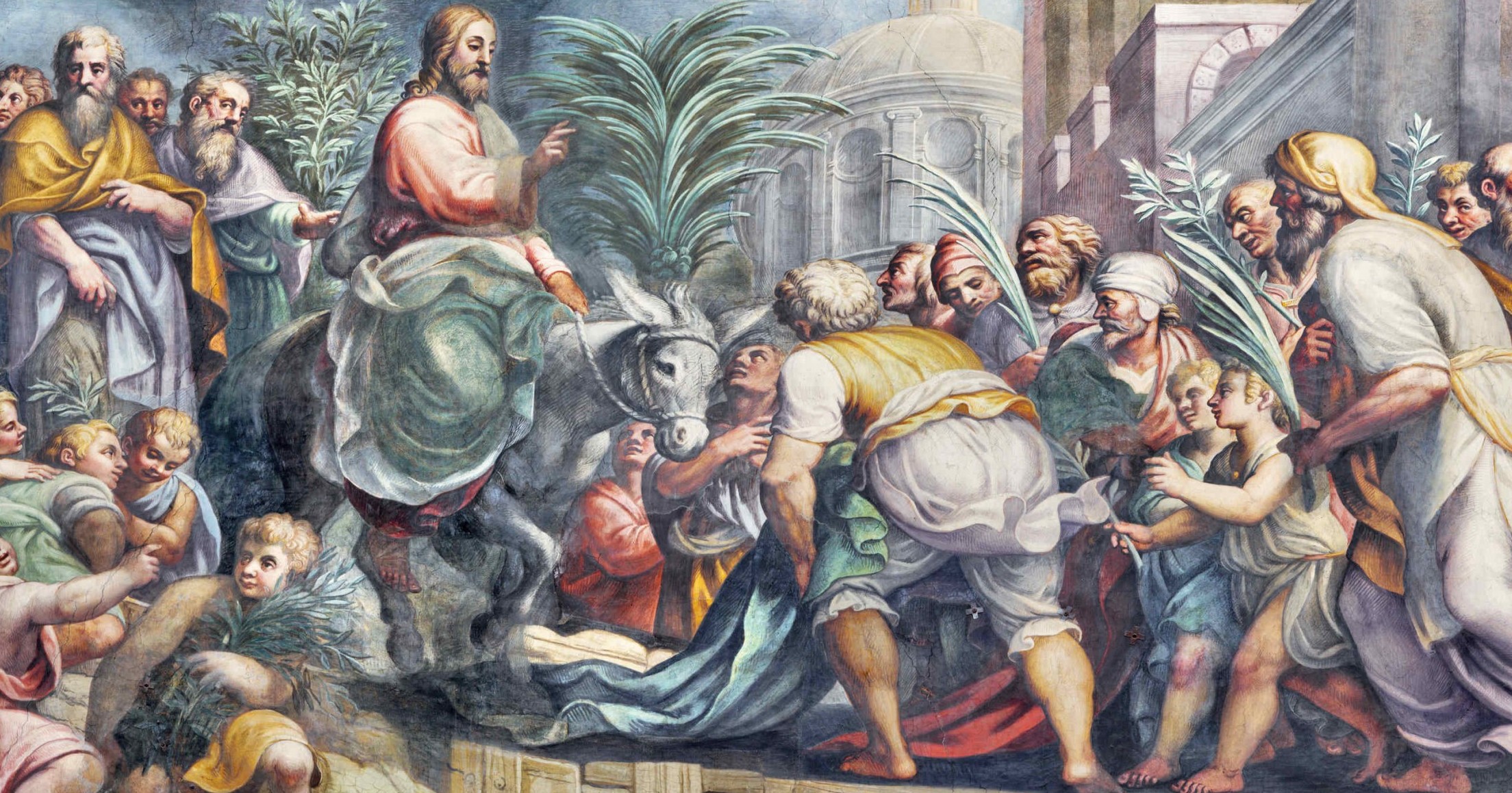9 January 2022

Isaiah 60:1-6
Psalm 72
Ephesians 3:1-12
Matthew 2:1-12
John Lennox’s book, Where is God in a coronavirus world?[1] explains many things. Many are surprised that despite scientific advances such things are still happening; this demonstrates the precariousness of life. Lennox quotes an Italian journalist:
“Holy water is not a sanitizer and prayer is not a vaccine… But for believers, religion is a fundamental source of spiritual healing and hope… the ultimate source of meaning in life.”[2]
The world’s situation may be compared to being in the wilderness and trying to find a well of water so we can move on; and it’s not a 100-metre dash but a marathon. When things happen, people ask why. If you’re a strong believer and faithful follower of Jesus Christ, you may find that faith is an oasis of hope. We may not be able to stop bad things from happening, but because of the depth of your relationship with God, you’ll have something from which to draw water. Science has its role in society, but cannot replace religion.
How should we respond to the manifestation of God’s Son?
Christmas is a celebration of God becoming man, while Epiphany is a celebration of Christ’s divinity. At His Baptism, the heavens opened, and a voice came from heaven: “This is My beloved Son in whom I am well pleased”.[3] The Child whose birth we celebrate is the Son of God: He is both human and divine. Magi from the east were led by a star to the feet of the God-Child, to worship Him and bring gifts. As they were guided to the feet of Christ, we should be guided to His feet all the time.
“Ethiopians [usually meaning any of Africa south of Egypt] shall fall down before Him, and His enemies lick the dust. The kings of Tarses [in Spain] and the islands [Corsica, Sardinia, Sicily, Crete, Cyprus, Rhodes, etc.] shall offer gifts, and the kings of Arabia and Saba shall bring offerings. And all the kings shall bow before Him, and all the nations will serve Him.”[4]
Since the Church proclaims this Child as the Son of God, how should humanity respond to His manifestation? God promised and sent a Saviour: the Messiah, the Anointed One. But not only was Jesus to save and redeem fallen creation; He also came to establish a Kingdom of which He is King, a Kingdom that will never end. That Kingdom starts now: when Jesus is Lord over your life, through faith in Him and what He has done, your life is now part of that Kingdom.
How should humans respond? Should we give Him the honour, worship, glory and praise that is due to the King of the universe? Will we take the fruit of the earth, the fruits of our talents, and acknowledge and worship God? There’s no worship without sacrifice: it goes beyond signing songs. In the Old Testament we’re instructed never to come before God empty-handed: from the beginning, Cain and Abel brought something to worship God. Worship is to bring Him not only our hearts, but everything He has given us.
Jesus is also the new Moses. Moses, “haggling” with Pharaoh, set Hebrew slaves free for God to choose them as His people; Jesus, the new Moses, not only “haggled” with the forces of darkness, but defeated the enemies of darkness on the cross to set man free. He came not only for the Jews, but also for the Gentiles. The Gentiles were searching and longing for Christ’s coming, as we see in the story of the magi.
Herod vs. the magi
The manifestation of God or the preaching of the Gospel always provokes two opposite reactions; these are illustrated by the attitudes of Herod and the magi.
Christ was born into
“a time in which rulers rule, assuming that rulers determine the story that constitutes time; for those who rule assume that time is determined by power.”[5]
When people are in power, they think they can control everything. However, the “Herods” of the world
“are seldom as powerful as they think; Herod is king only because it pleases the Romans to have him rule over this troublesome region peopled by equally troubling Judeans. Herod is a pawn used by Rome to maintain order valuable to Rome. Jesus is born in an occupied land, a small outpost, on the edge of a mighty empire. Rome knew how to deal with enemies: you kill them or co-opt them…”
For many today,
“the birth of Jesus is not seen as a threat to thrones and empires because religion concerns the private”;[6]
but it threatened Herod and Rome. God came down to save sinful humanity; this is not in the vocabulary of Herod or the “Herods” of this world. Psalm 2 indicates that the coming of Jesus Christ became a threat to Herod and the rulers of the world at the time.
The coming of God always evokes two responses: that of the magi in worship; or that of Herod, which is to be threatened. I thank God that during nearly forty years I’ve met and prayed with many people and led them to the Lord; that’s the greatest joy of my life. I’ve discovered that the greatest obstacle to people giving their life to Jesus Christ is what I call “Herod syndrome”; if we’re not careful, each of us has a Herod inside who wants to remain in power and finds it difficult to relinquish control to the Anointed One. The prodigal son said, “It is better to be a servant in my father’s kingdom than a master in my own illusionary kingdom.”
I grew up in cultural Christianity. I went to church when I was invited for a Baptism, and on Christmas Day and New Year’s Day. Mostly I only turned to Jesus when I needed Him. When I didn’t, I said respectfully, “Would You please stay on the side; when I need You, I will call You”. My life has radically changed, and I’m thankful. Cultural Christianity can easily fall into superstition, described as “misplaced credulity and belief concerning the supernatural which leads to irrational fear and misdirected reverence, false religion and magic that calls God’s judgment.”
How can we respond to what God has given us?
J. F. Kennedy said, “Seek not what your country can do for you, but what you can do for your country”.[7] In a similar vein, Seek not what God can do for you, but what you can do for God.
What more can we expect from God? He came down from heaven to a human level, became like one of us and died on the cross for us, so that we might be with Him for eternity. What else is there to ask from God? He has given His best from heaven: He sent His Son, gave His Spirit to transform a valley of dry bones to become alive again, and gave us a Kingdom. If God can give Jesus, can He not give us food every day? What else is there for God to give? We’ve received God’s best; He did not withhold anything whatsoever from us, because of His love for humanity.
How do we respond to what God has given to us? That is the human responsibility. I call this the dynamics of divine initiative and human response. Anything God does becomes beneficial to us only when we respond to it.
What is the right and proper response? To be a Christian is like entering the Promised Land in Christ. We have entered that Kingdom, and its consummation or completion is waiting for us. You are now part of that Kingdom, and we live in and experience a dimension of God’s Kingdom as we worship Him. The children of Israel were instructed to take the first fruits of the land and bring them to the priest, and he would offer them to God. The earth is God’s gift to humanity for us to enjoy; and in partaking of the bountiful earth He has given, our hearts race to the point of thanksgiving to God. Like the children of Israel, we’re to take the fruits of the earth and honour, worship, thank and glorify the God we serve, because we’ve been made part of His Kingdom.
There is a Herod in all of us, if we will allow it to overpower us. Let us not be like Herod, but like the magi. Travelling from the east, let us bow our hearts to the King of kings and honour Him with the wealth of His own creation. We have a choice to be a Herod or one of the magi. I choose to be one of the magi who worship God in spirit and in truth.
[1] John C. Lennox, Where is God in a coronavirus world? (Epsom, Surrey: Good Book Company, 2020). This book is recommended by Bp. Elmer and is available on Audible
[2] Mattia Ferraresi, God vs. coronavirus (Opinion, NY Times, 10 March 2020), https://www.nytimes.com/2020/03/10/opinion/coronavirus-church-religion.html; quoted by Lennox (see note 1)
[3] Luke 3:22
[4] Psalm 72:9-11. The explanations of the countries referred to are by Fr. Patrick Reardon
[5] Stanley Hauerwas, Matthew (Grand Rapids, Michigan: Brazos Press, 2006), 37
[6] Hauerwas, 38
[7] From J. F. Kennedy’s inaugural speech on 20 January 1961 as the 35th President of the USA









